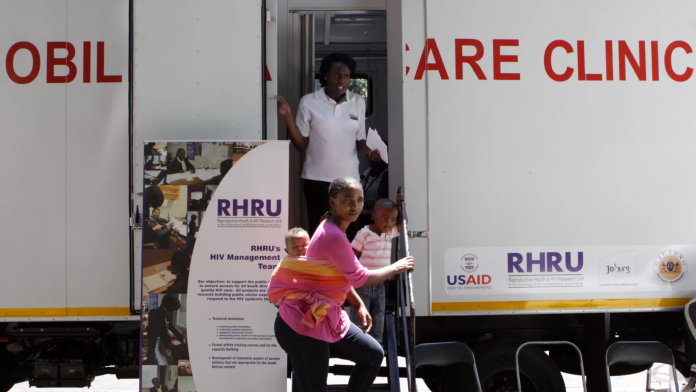The European Commission confirmed it will not intervene to prevent the destruction of €10 million worth of USAID-funded contraceptives, despite mounting pressure from NGOs and members of the European Parliament, according to Euractiv.
This position persists even as the contraceptives are reportedly en route from storage facilities in Geel, Belgium, to specialised incineration sites in France.
France’s health ministry has asserted its inability to halt the destruction, explaining that “since contraceptives are not considered essential medicines and this is not a case of supply shortages, we have no means to requisition the stock.”
Belgium’s foreign ministry, meanwhile, indicated it is exploring “all possible avenues to avoid destruction,” including potential relocation solutions, though it declined to provide specifics to avoid “jeopardising the outcome of the discussions.”
Sarah Durocher of France’s Family Planning Association has demanded transparency, urging authorities to “prove to us that the stocks still exist” as shipments reportedly commenced in late July.
The International Planned Parenthood Federation (IPPF) condemns the planned incineration as “appalling and extremely wasteful,” warning it will deny 1.4 million women and girls across Mali, Tanzania, Zambia, Kenya, and the Democratic Republic of Congo access to reproductive care.
The Reproductive Health Supplies Coalition projects devastating consequences: 362,000 unintended pregnancies, 110,000 unsafe abortions, and 718 preventable maternal deaths.
The Commission’s non-intervention reflects delicate diplomatic calculations, as Brussels seeks to avoid antagonising the Trump administration amid ongoing trade tensions and security cooperation over Ukraine. This stance has drawn criticism from Green MEPs like France’s Mélissa Camara, who has pressed unsuccessfully for EU action.
The destruction also exacerbates a growing crisis in global reproductive health funding. US aid cuts have expanded an existing global contraceptive funding gap from $167 million to $210 million across 32 countries, crippling supply chains and provider training programmes.
